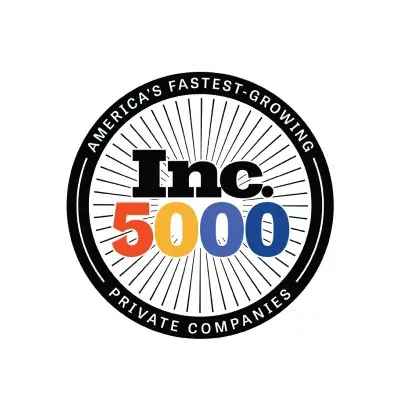Food-Truck Business
Food trucks are self-contained ventures that will give you plenty of exposure to essential business skills. From creating a great menu to sourcing ingredients, and preparing meals to making a profit, you’ll need to get up to speed quickly.
We know it can be daunting to start a food truck business, and we’re here to help.
We’ve supported over 1,000,000 people to form their business and provided answers, guidance and support to transform them into entrepreneurs. We’ll guide you through what you need to know to start your food truck business and get it off the ground.
Here’s our simple guide to opening up your successful food truck business. From exploring the types of food trucks you can start to the legalities of setting up your business and the realities of your day to day operations, this guide is here to help.
Read on for some insight into creating your own food truck business and becoming an entrepreneur. In this guide we will cover:
- Food truck business planning
- Deciding whether a food truck business could be right for you
- Groups, forums and support for food truck business owners
- Ideas for the type of food business you could form
- Helpful software for food truck businesses
- Statistics on why you should start a food truck business selling meals to the public
- Setting up your food truck business including location, equipment, employees, taxes, finances, licenses and more

